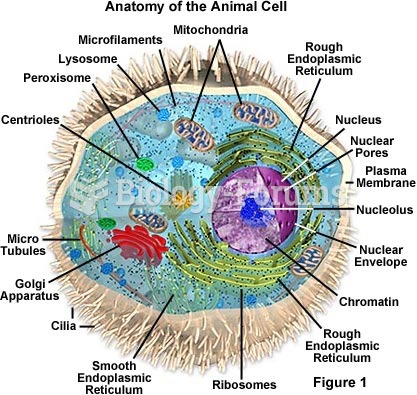Answer to Question 1Those interested in a career in agricultural education should take classes in animal science/biology, veterinary
medicine, environmental science, plant science/biology/horticulture, floral design, agriculture mechanics, electricity,
robotics, aquaculture, crop science, welding, and biotechnology. Memberships in FFA and 4-H are helpful.
Students interested in pet care worker positions should have some experience with animals, and knowing
the needs and habits of animals is an asset.
Zookeepers can gain experience working with animals by getting a job with a local veterinarian, pet shop,
or animal shelter.
Most trainers begin their careers as keepers and gain on-the-job experience in evaluating the disposition,
intelligence, and trainability of the animals they look after. At the same time, they learn to develop a rapport
with the animals. Although previous training experience may give job applicants an advantage in being hired,
they still will be expected to spend time caring for animals before advancing to positions as trainers.
Part-time or volunteer work in animal shelters, pet shops, or veterinary offices offers would-be trainers a
chance to become accustomed to working with animals and to discover whether they have the aptitude for
it. Experience can be acquired in summer jobs as caretakers at zoos, aquariums, museums that feature live
animal shows, and amusement parks. For those with a special interest in horses, racing or riding stables can
provide experience.
Pet groomers can obtain experience by working in pet shops and kennels.
Answer to Question 2Teaching agriculture education usually requires a four-year degree in agricultural education. Some programs
at elementary, middle school, and high school may use teachers with degrees in science and biology if an
agricultural education teacher isn't available.
Many of the pet care worker positions are entry level and require no special educational requirements.
Many employers hire high school students and high school graduates. Courses in biology, science, and animal
husbandry will help prepare students for pet care jobs. Business courses, such as bookkeeping, will help prepare
students for running a business.
high school education and a four-year college degree are usually required to become a zookeeper.
Science courses in biology are helpful, too. To work in zoos that are operated by the government, one may
have to pass a civil service examination. Animal caretakers must be patient and enjoy working with animals.
Persons wanting to be animal trainers should like animals and have a genuine interest in working with
them. Establishments that hire trainers often require previous experience as an animal keeper or aquarist
because proper care and feeding of the animals is an essential part of a trainer's responsibilities. Some
positions require college degrees. Zoo and aquarium animal trainers usually must have a bachelor degree in a
field related to animal management or animal physiology.
To get the Doctor of Veterinary Medicine (DVM of VMD) degree, one must have graduated from one
of the 28 accredited schools of veterinary medicine in the United States. To become licensed to practice
veterinary medicine, one must also pass the state's oral and written licensing examination. One must have at
least two years of undergraduate training at a college or university before one can apply for admission to a
veterinary college. Many students earn a bachelor's degree before they apply for admission.
To become a veterinary technician, one needs to complete a two- to four-year college-based program
leading to the associate degree from a community or technical college whose program has been accredited
by the American Veterinary Medical Association. A high school diploma is an essential requirement for
admission to such a program. Courses in algebra, chemistry, biology, and English are essential.
All biologists have earned undergraduate degrees in science. Most go on to complete master's and
doctorate degrees in their areas of interest. A master's degree and a doctorate are essential for any biologist
who wishes to conduct serious research, publish in scholarly journals, and obtain a faculty position at a
college or university.





